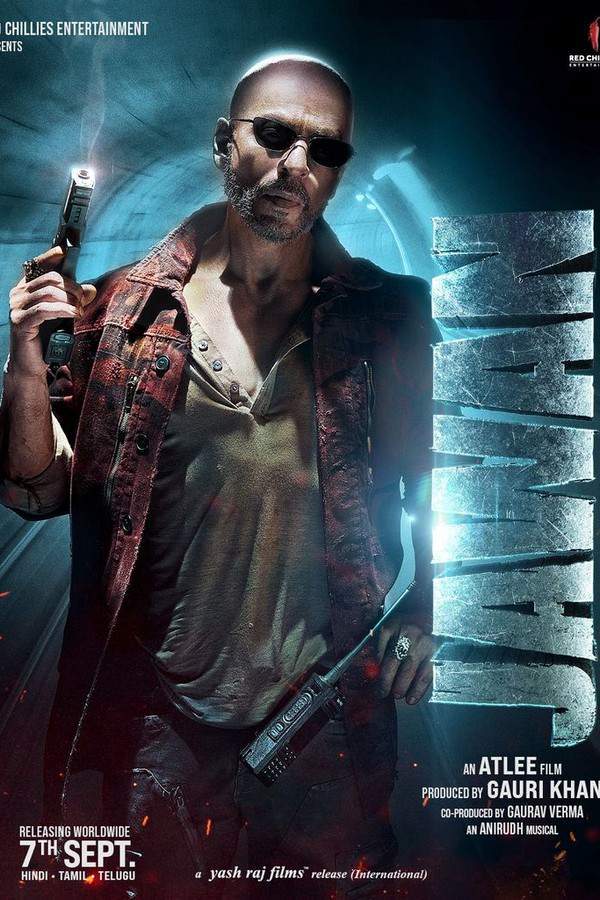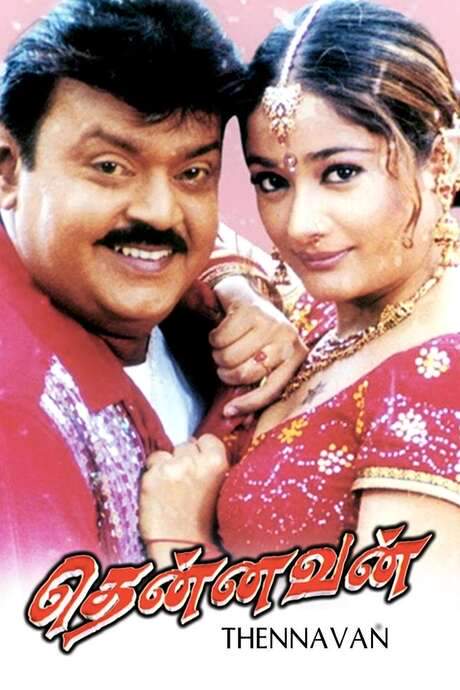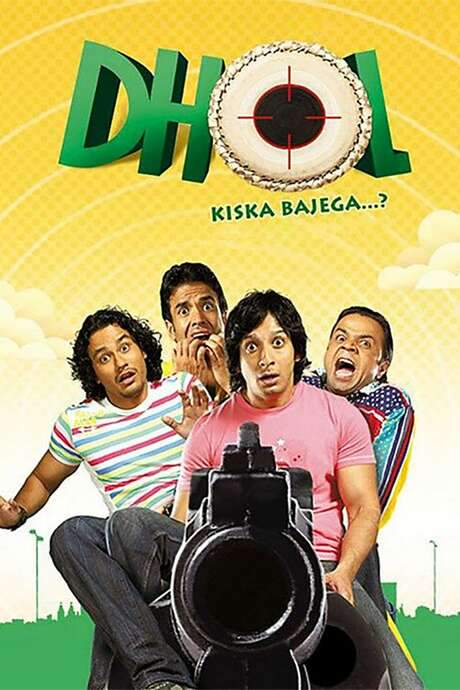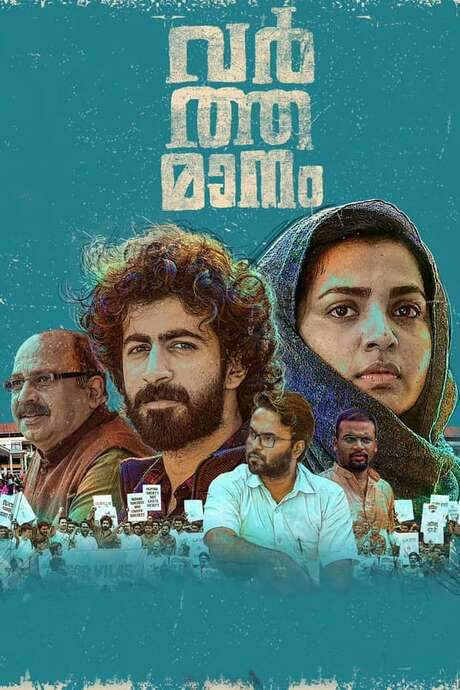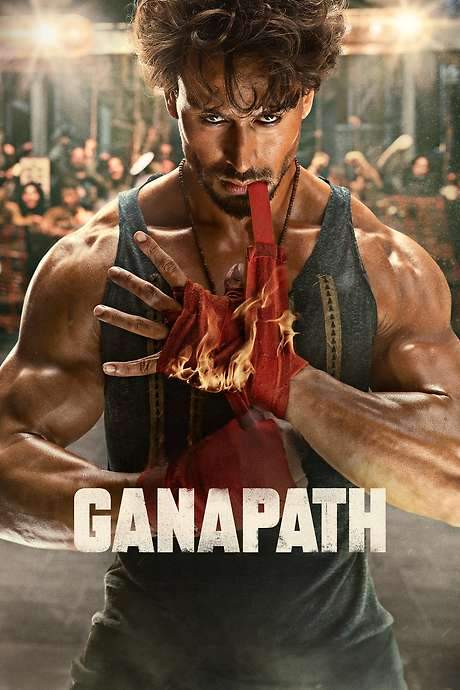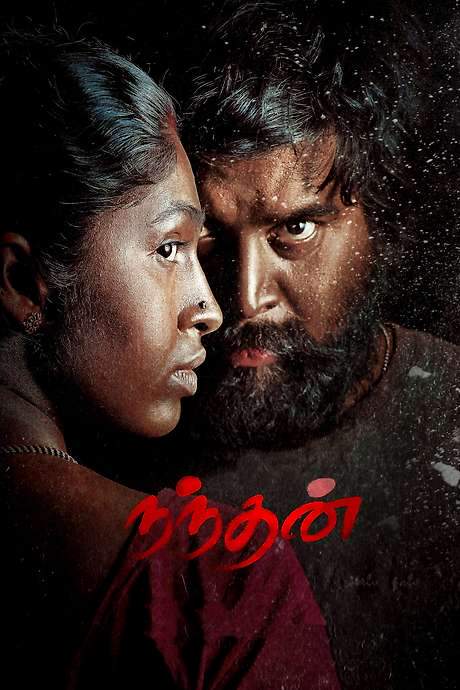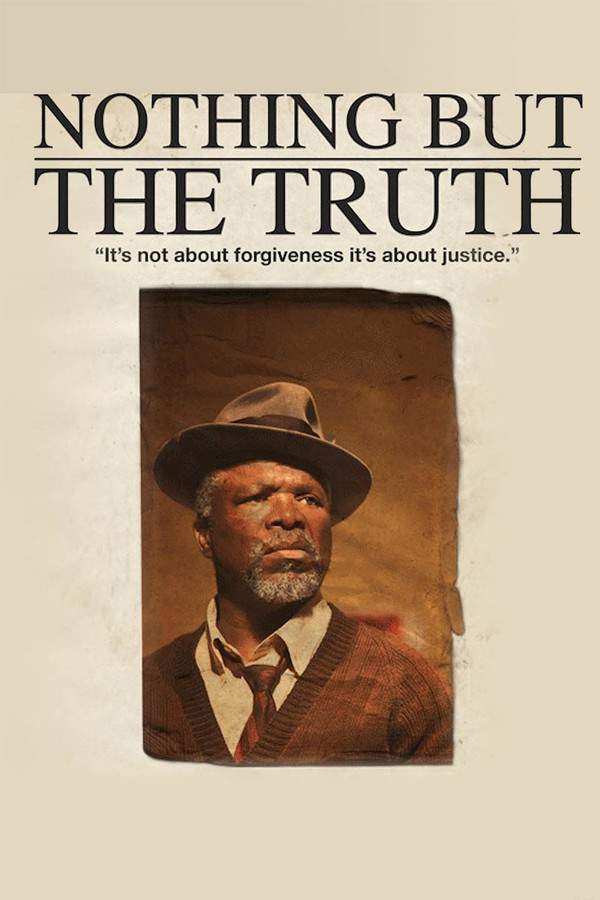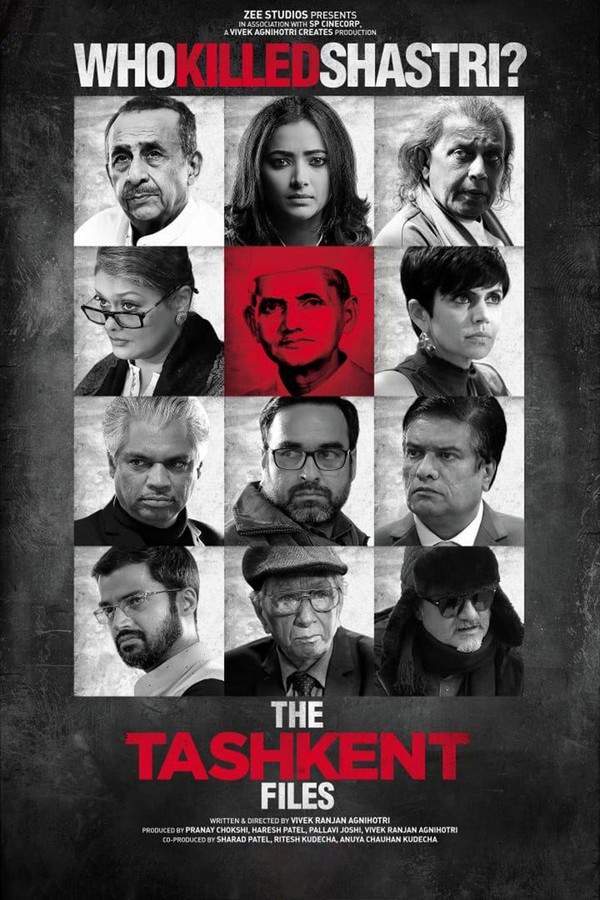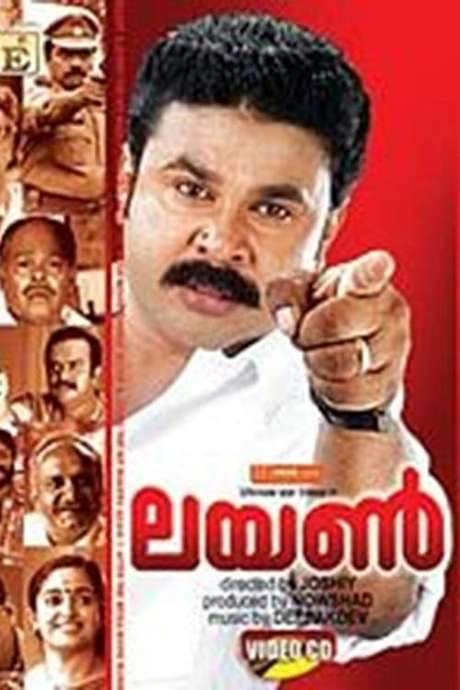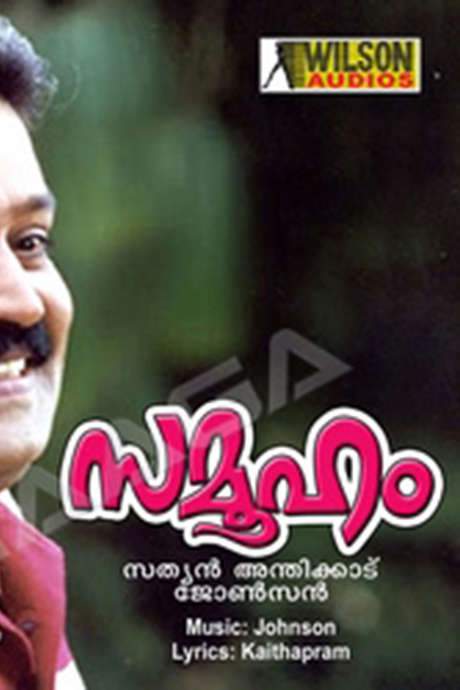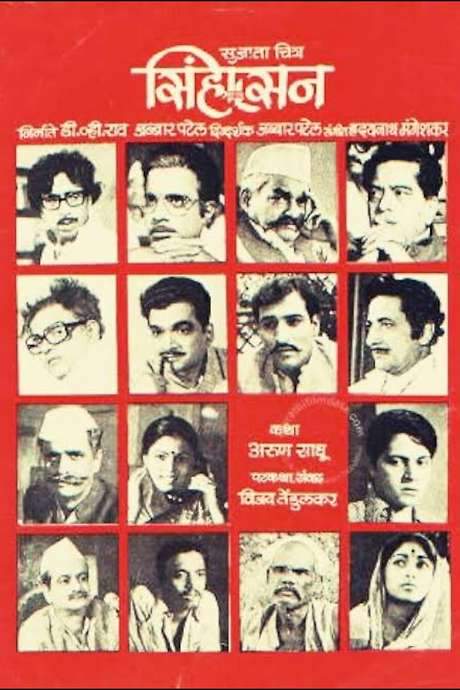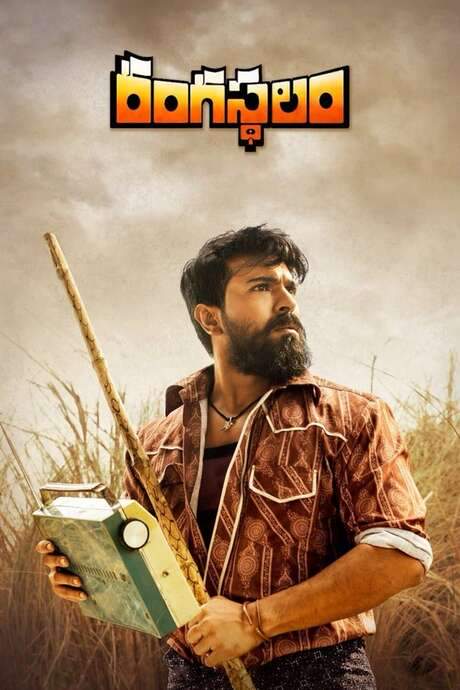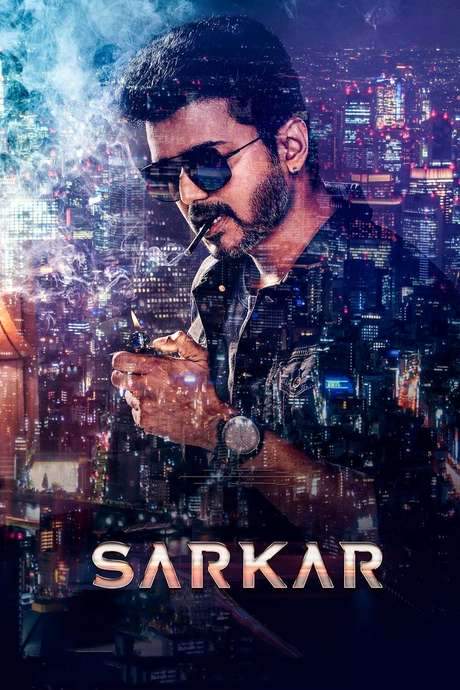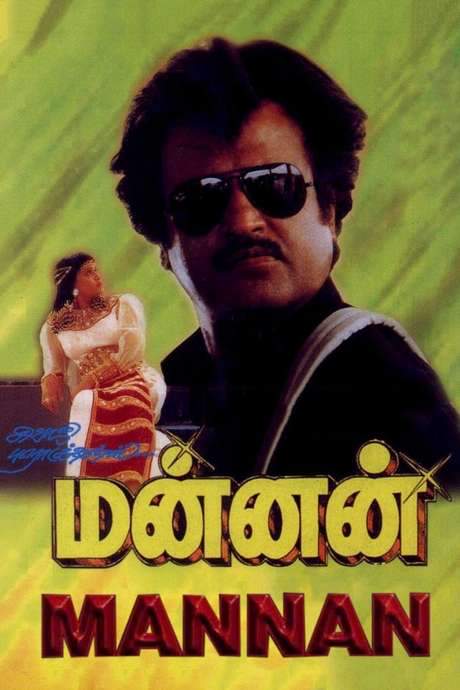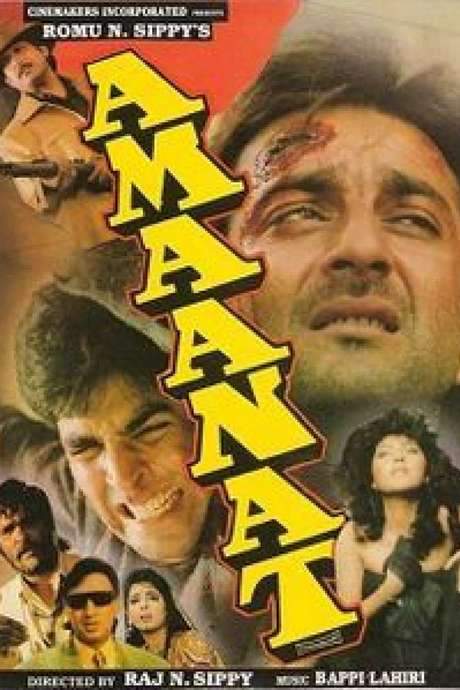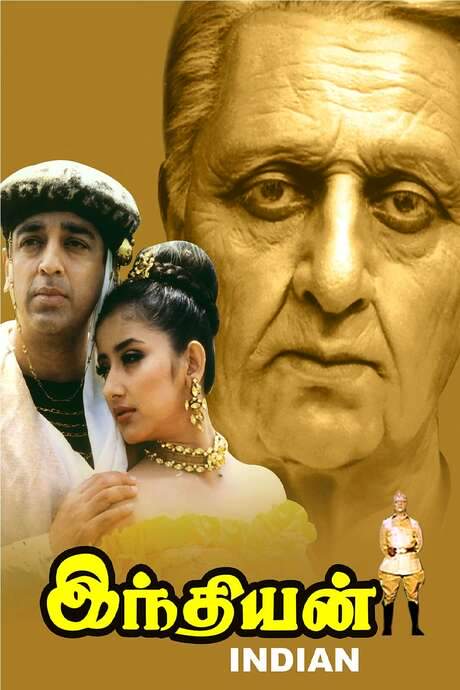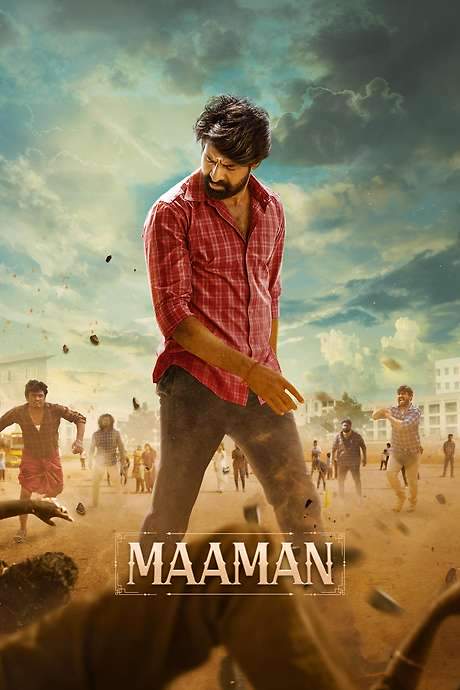
Maamannan
When an elected MLA and his son, both belonging to an oppressed community, are confronted by the haughty heir of a deceased politician, they must confront the privileged antagonist’s attempts to subjugate them. Their battle becomes a fight for dignity against entrenched power and arrogance.
Warning: spoilers below!
Haven’t seen Maamannan yet? This summary contains major spoilers. Bookmark the page, watch the movie, and come back for the full breakdown. If you're ready, scroll on and relive the story!
Maamannan (2023) – Full Plot Summary & Ending Explained
Read the complete plot breakdown of Maamannan (2023), including all key story events, major twists, and the ending explained in detail. Discover what really happened—and what it all means.
Maamannan Vadivelu is an MLA from the Dalit community who has risen through the ranks of the Samathuva Samooganeedhi Makkal Kazhagam (SSMK) in Salem, Tamil Nadu. He leads with a mix of grit and experience, guided by years of grassroots work and a deep sense of responsibility toward his community. His ascent, however, sits against a backdrop of political maneuvering, family loyalty, and the delicate balance of power within the party.
Athiveeran ‘Veera’ Udhayanidhi Stalin is Maamannan’s son and a practitioner of Adimurai. His relationship with his father became strained after a casteist attack in their childhood left invisible scars—emotional and physical—that shaped his worldview and fueled his commitment to justice in the present. Veera is stubborn, steadfast, and deeply loyal to his family, even when the path forward is murky and dangerous. He loves Leela, the young woman at the heart of his circle, and together they share a quiet, persistent hope for a better future for their community.
Rathnavelu Fahadh Faasil is the SSMK district secretary for Salem and the younger son of the late ex-minister Sundaram, a man from a dominant community who has carved out power through calculated moves and hard-won influence. Rathnavelu’s brash, aggressive temperament often puts him at odds with Maamannan, even as he believes his own strategies can secure the party’s control and his own political future. The shadow of his father’s legacy looms large, and Rathnavelu’s actions are often read through that prism—ambition tempered by a readiness to push people around to protect his position.
The district’s political drama tilts toward a heated confrontation when three months before the elections, Rathnavelu’s men destroy a free coaching centre run by Veera’s friends and his love Leela. The attack is intended to protect a private coaching centre run by Rathnavelu’s elder brother Shanmugavel in their father Sundaram’s name, exposing the moral cost of political competition and the fragile line between public duty and private gain. In retaliation, Veera and his friends strike back by destroying Rathnavelu’s coaching centre, setting off a chain reaction that pulls Maamannan into a direct clash with his rival.
The escalation forces a tense, high-stakes meeting at which Veera notices a stark status difference: Maamannan stands while Rathnavelu and others sit. Veera pushes for his father to sit, challenging a tradition that he believes sustains an old order. Rathnavelu hisses that Maamannan will never sit in his house, a remark that only furies the moment. Veera’s insistence on respect for his father leads to a violent exchange: Rathnavelu slaps Veera and pushes Maamannan, who intervened to shield his son. Veera retaliates with a powerful kick that sends Rathnavelu reeling.
In the aftermath, Rathnavelu orders his men to beat Maamannan and Veera, but Veera’s wife Jyothi Raveena Ravi locks him inside to prevent further chaos. Veera and Maamannan endure the assault, while Veera’s family and friends rally around them. The violence prompts a high-level intervention: Sindhanai Rajan Lal, the party’s top authority, orders Rathnavelu to stand down and demands that he either apologize to Maamannan or forgo his party membership. When Rathnavelu refuses, he withdraws from the party, joining the main opposition MSSMK with some followers, signaling a major realignment in the political landscape.
Rathnavelu’s defection and his chosen candidate to compete against Maamannan rock the election season. He even fields his wife Jyothi in another constituency to concentrate his resources on defeating Maamannan, intensifying the rivalry and laying bare the personal stakes behind party politics. Maamannan remains steadfast in his campaign, drawing support from many quarters as the battle lines harden. Rathnavelu’s strategy relies on appealing to a broad spectrum of dominant castes, while Maamannan mobilizes grassroot networks and younger voters who demand accountability and reform. The campaign becomes a clash of conscience versus calculated power.
Amid the political fire, the narrative follows the youth of the constituency, who rebel against Rathnavelu’s dictatorial approach, insisting on fair play and a future that includes them. The elections arrive, and Maamannan wins by a substantial margin, a decisive verdict that humbles Rathnavelu and reshapes the political order. The SSMK is re-elected to power, and Maamannan is chosen as the Speaker of the Legislative Assembly, consolidating his influence even as the community continues to seek justice and opportunity in daily life.
The aftermath sees Veera and Leela continuing their grassroot social welfare work, carving out spaces for education, empowerment, and community solidarity. Their ongoing efforts reflect the film’s core message: that lasting change comes from the people themselves, sustained by courage, collaboration, and a shared commitment to equality.
Last Updated: October 01, 2025 at 10:23
Explore Movie Threads
Discover curated groups of movies connected by mood, themes, and story style. Browse collections built around emotion, atmosphere, and narrative focus to easily find films that match what you feel like watching right now.
Grassroots Victory Stories Like Maamannan
Stories where marginalized communities fight systemic injustice and achieve a hard-won victory.If you liked Maamannan, you'll appreciate these movies about fighting entrenched power. Discover films where political corruption and social injustice are challenged by grassroots movements, leading to tense, emotionally heavy stories with ultimately hopeful victories for the oppressed community.
Narrative Summary
These narratives typically feature a clear moral conflict between an oppressive force and a protagonist representing an underdog community. The plot escalates through acts of intimidation and retaliation, testing the resilience of the heroes. The emotional journey is one of immense pressure and hardship, but it is structured to build towards a cathartic, empowering resolution that affirms the value of resistance.
Why These Movies?
Movies are grouped here based on their shared thematic focus on social justice, the heavy emotional weight of systemic oppression, and the narrative pattern of a slow-burn struggle culminating in a victorious, hopeful ending. They deliver a specific blend of stressful conflict and cathartic empowerment.
Tense Political Slow Burns Like Maamannan
Methodical, tense dramas where political power plays create unbearable pressure.Explore movies like Maamannan that deliver a gripping, slow-burn political thriller experience. These films feature steady pacing, high intensity, and a tense tone as characters navigate dangerous power dynamics, political corruption, and personal confrontations, leading to a defiant and satisfying climax.
Narrative Summary
The narrative pattern involves a protagonist facing off against a politically powerful and arrogant antagonist. The story unfolds methodically, moving from initial provocations through a series of calculated retaliations and confrontations. The central conflict is deeply personal yet rooted in broader power structures, creating a sustained feeling of unease that builds towards a final, decisive showdown.
Why These Movies?
These movies share a specific combination of a tense tone, steady pacing, and high intensity driven by political conflict. They create a similar viewing experience of sustained anxiety and suspense, often involving elements of corruption, intimidation, and a gritty battle for respect and power.
Unlock the Full Story of Maamannan
Don't stop at just watching — explore Maamannan in full detail. From the complete plot summary and scene-by-scene timeline to character breakdowns, thematic analysis, and a deep dive into the ending — every page helps you truly understand what Maamannan is all about. Plus, discover what's next after the movie.
Maamannan Timeline
Track the full timeline of Maamannan with every major event arranged chronologically. Perfect for decoding non-linear storytelling, flashbacks, or parallel narratives with a clear scene-by-scene breakdown.

Characters, Settings & Themes in Maamannan
Discover the characters, locations, and core themes that shape Maamannan. Get insights into symbolic elements, setting significance, and deeper narrative meaning — ideal for thematic analysis and movie breakdowns.

Maamannan Spoiler-Free Summary
Get a quick, spoiler-free overview of Maamannan that covers the main plot points and key details without revealing any major twists or spoilers. Perfect for those who want to know what to expect before diving in.

More About Maamannan
Visit What's After the Movie to explore more about Maamannan: box office results, cast and crew info, production details, post-credit scenes, and external links — all in one place for movie fans and researchers.

Similar Movies to Maamannan
Discover movies like Maamannan that share similar genres, themes, and storytelling elements. Whether you’re drawn to the atmosphere, character arcs, or plot structure, these curated recommendations will help you explore more films you’ll love.
Explore More About Movie Maamannan
Maamannan (2023) Scene-by-Scene Movie Timeline
Maamannan (2023) Movie Characters, Themes & Settings
Maamannan (2023) Spoiler-Free Summary & Key Flow
Movies Like Maamannan – Similar Titles You’ll Enjoy
Rangasthalam (2018) Ending Explained & Film Insights
Maanagaram (2017) Full Movie Breakdown
Sarkar (2018) Full Summary & Key Details
Naaga (2003) Ending Explained & Film Insights
Naan Sigappu Manithan (1985) Story Summary & Characters
Thanga Magan (1983) Film Overview & Timeline
Bheeshma Parvam (2022) Story Summary & Characters
Maanaadu (2021) Movie Recap & Themes
Mannan (1992) Story Summary & Characters
Amaanat (1994) Plot Summary & Ending Explained
Manthramothiram (1997) Full Movie Breakdown
An Action Hero (2022) Full Movie Breakdown
Maanthrikam (1995) Full Movie Breakdown
Indian (1996) Complete Plot Breakdown
Maaman (2025) Complete Plot Breakdown

